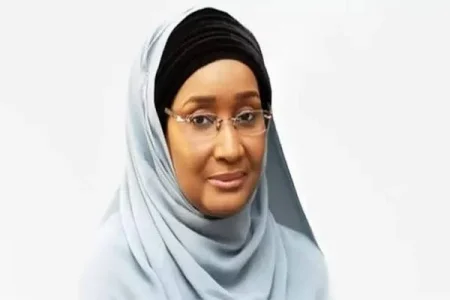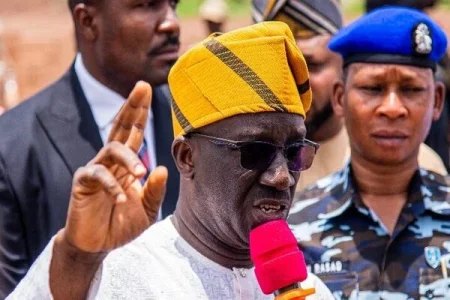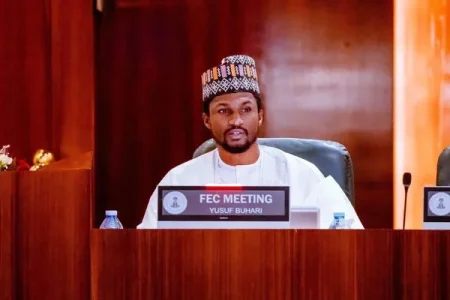
Nigerian court orders former Humanitarian Affairs Minister to account for N729 billion poverty alleviation payments. SERAP's lawsuit leads to landmark transparency ruling. The government urged to comply, and address corruption allegations.
A recent Federal High Court ruling in Lagos has ordered former Minister of Humanitarian Affairs, Disasters Management, and Social Development, Sadia Umar-Farouk, to provide a detailed account of N729 billion in payments made to 24.3 million poor Nigerians over six months. This landmark decision, delivered by Justice Deinde Isaac Dipeolu, comes in response to a Freedom of Information suit filed by the Socio-Economic Rights and Accountability Project (SERAP).
The court mandates the former minister to disclose beneficiary details, state coverage, and per-state payment information. This ruling underscores the importance of transparency in government spending, particularly in poverty alleviation programs.
SERAP's deputy director, Kolawole Oluwadare, hailed the judgment as a victory for accountability in public fund management. The organization has called on President Bola Tinubu's administration to promptly comply with the court order, viewing it as an opportunity to address alleged corruption within the ministry and other government departments.
Legal expert Femi Falana, SAN, praised SERAP's efforts, describing the case as one of Nigeria's most patriotic public interest litigations. He urged the current government to use this judgment as a foundation for tackling corruption and bringing offenders to justice.
The court's decision also requires the former minister to explain the rationale behind the N5,000 payments, which amounted to 5% of Nigeria's 2021 budget. This move aims to shed light on the selection process and payment mechanisms used in the program.
As the nation awaits the government's response to this ruling, many see it as a test of the Tinubu administration's commitment to transparency and the rule of law. The case highlights the ongoing struggle for accountability in Nigeria's public sector and the crucial role of civil society organizations in promoting good governance.




